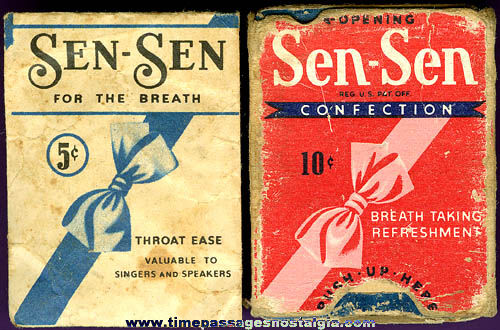I really enjoyed this one.
We’ve talked about the sentence level writing
here. It’s clever, it’s funny, and for an aspiring writer of my tastes, anyway,
Stegner’s prose just hurts so good. He’ll blow my mind with an amazingly
simple simile or description (“the sun lay on my back like a poultice”) that both makes the reading a pleasure, and simultaneously crushes my hopes of ever
having a shred of his talent. He’s one of the few writers about whom I think we
should make a much bigger deal.
Stegner was among the first graduates of the prestigious
Iowa Writer’s Workshop, and he founded the Creative Writing Program at
Stanford, teaching authors like Ken Kesey, Edward Abbey, Gordon Lish and Larry
McMurtry. The man’s got a Pulitzer and a National Book Award, and yet you never
hear the name of this ‘Dean of Western Writers’. As a westerner myself, I guess
I feel a special affinity for him. Plus, we went to the same high school (see
also Barr, Roseanne, class of ’70). Go Leopards! So there’s that.
Anyway,
the book is littered with literary references— from the Bible, from the
classics, from history, from novels and poems, of which I probably only grasp
about 40%. But that 40% makes me feel awfully smart, and the remaining 60 just
makes me want to read more. But what he really does that amazes me, is create
interesting stories out of everyday lives and experiences. His narrator even
addresses this issue in the text:
“There
are further considerations I might raise. How do you make a book that anyone
will read out of lives as quiet as these? Where are the things that novelists
seize upon and readers expect? Where is the high life, the conspicuous waste,
the violence, the kinky sex, the death wish? Where are the suburban infidelities,
the promiscuities, the convulsive
divorces, the alcohol, the drugs, the lost weekends? Where are the hatreds, the
political ambitions, the lust for power? Where are speed, noise, ugliness,
everything that makes us who we are and makes us recognize ourselves in
fiction?”
Without
all the lurid crap that populates so much of literary fiction, he still stitches together a
story about things that truly matter: marriage, friendship, family, work, adversity, history, etc.
There
was one stretch where a whole lot of backstory was jammed uncomfortably into a few
pages of dialogue, but that’s about the only fault I can find with the book. You
should check it out- it was his swan song, afterall:




















